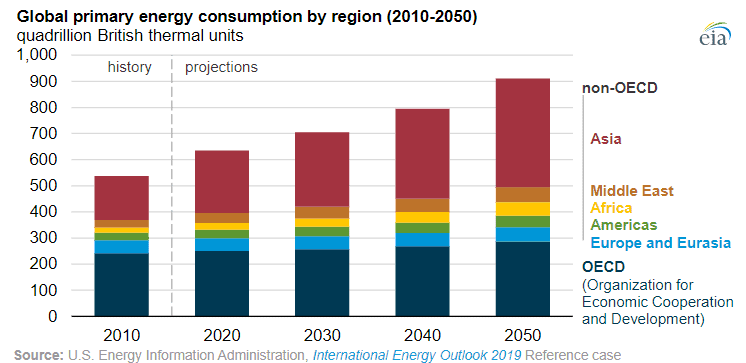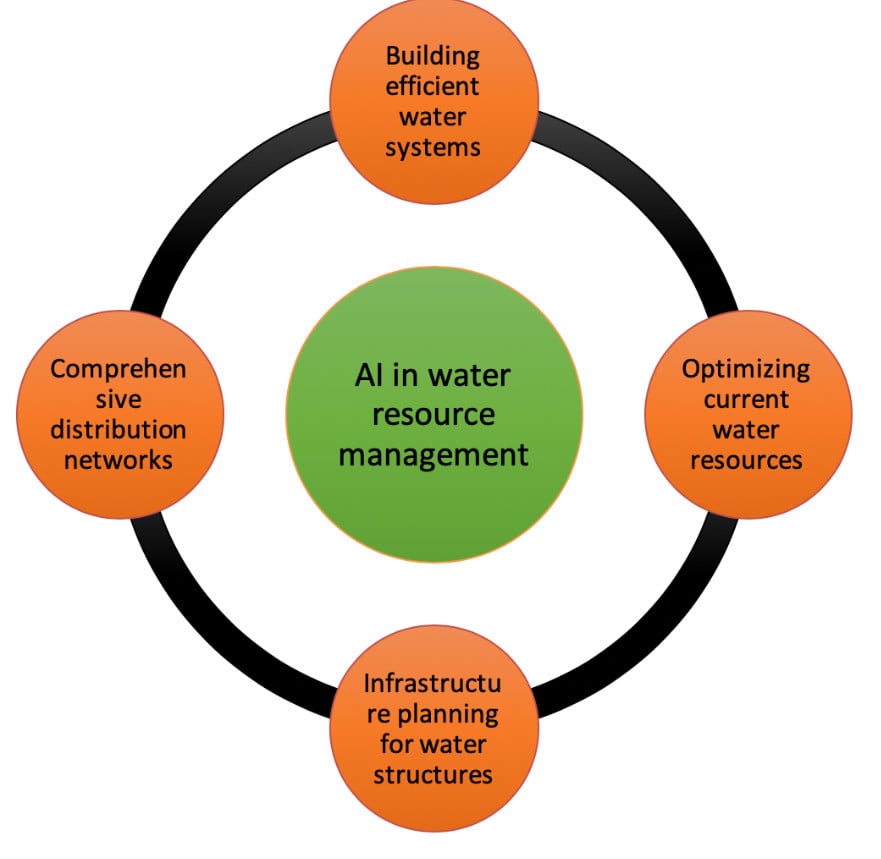4 min read
With only a decade left to the agreed deadline for achieving the UN Sustainable Development Goals, it will be of utmost importance for corporates to align business interests more closely with the standards of Environmental, Social and Governance (ESG) sustainability.
A study published in 2018, surveying 200 business-decision makers found that over 74% of the respondents are confident about the scope of Artificial Intelligence (AI) in combating various sustainability and associated issues. Against this optimistic trend, key digital transformation enablers are emerging as potent tools for decision-makers to address topics related to sustainability. Here are a few ways AI can be leveraged:
Renewable energy adoption
Each energy generation method is unique in its usability and deployment conditions. Despite the best intentions, companies often find it difficult to optimize their energy mix and usage, aligning it with their business goals. AI-enabled decision support systems can recommend best approaches and possible deployment bottlenecks by comparing diverse streams of data with minimum cost and latency. For instance, by using machine learning algorithms, a computing giant had been able to reduce the energy consumption for the cooling of its data centers by over 40%.
AI-driven systems can also assist renewable energy businesses to establish sustainable operations with minimum ecological footprints and maximum utility. Such technologies find broad applications, ranging from better renewable energy generation forecasting, ensuring grid parity, stability, and reliability to improved demand predictions. International Renewable Energy Agency in its Artificial Intelligence and Big Data: Renewable Landscape Brief reports that a global IT business while working with the US Department of Energy’s SunShot Initiative, successfully demonstrated a 30% improvement in solar forecasting through AI implementation.
Water resources management
Although 71% of the earth’s surface is covered with water, only 0.3% is available for human consumption. Unsustainable exploitation of the natural resources left an indelible impact on the earth’s major water bodies and reserves. As a result, we can find unprecedented pressure on the groundwater reserves. According to NASA satellite data, 13 of the largest 37 aquifers in the world are considered significantly distressed. It is predicted that by 2025, half of the world’s population will be living in water-stressed areas.
It is here, where Digital Water or water managed through AI and machine learning technologies are proving to be an active force multiplier to promote sustainable water usage. AI is geared to work with large data sets and learn on the go using data analytics, probability logic, and regression models. AI platforms running in tandem with neural networks and sensor arrays can strategize water operations in real-time.
Using intelligent supervisory control and data acquisition (SCADA) systems and shift-dashboards, STL digitally supervises water consumption and waste management at its production plants. This has helped the company reduce over 20 percent of its freshwater usage for manufacturing as well as recycle and reuse over 78,000 cubic meters of wastewater from manufacturing. Data-driven technologies are also central to monitoring its CSR initiative, Jaldoot, aiming to augment community water harvesting capabilities in the drought-stricken district of Aurangabad in Maharastra, India.
Driving social transformation
AI and data analytics combined with human ingenuity are capable of establishing a levelled social landscape and become instrumental in improving the quality of human lives around the globe.
For instance, Neox Analytical Call Centre, a product by STL is being used to fill the monitoring and assessment gaps in Samagra Shiksha Abhiyan (SSA), spearheading the Indian Government’s push against illiteracy. Operating in Gujrat, this command and control platform uses live data streams to track and report the performance of over 39,000 government schools, 2.4 lakh teachers, and over 69 lakh students in real-time.
Also, STL has been involved in achieving urban transformation in Gandhinagar, Jaipur, and Kakinada through its Smart City Solution. Along with revamped utility services like electricity, water supply, solid waste management, and sanitation, the solution has also improved urban mobility, road safety, IT connectivity, citizen-centric governance, health, education, and security for women children and senior citizens. Indeed, Gandhinagar has realized a 39% reduction in crime rates with smart surveillance and improved law enforcement systems and 40% reduced energy expenditures, with profound climatic implications.
A techno-human approach to sustainability
The use of AI is not without its share of risks and business challenges. But the tangible outcomes will be ascertained by the successful integration of the digital transformation forces with human judiciousness and integrity. In the present context, the role of AI in the fight against COVID-19, from predicting the path of disease transmission, assisted prognosis, susceptibility assessments to the quest for a cost-effective and accessible vaccine, aptly demonstrates the malleability of the technology. Today, the case is stronger than ever for businesses to invest in artificial intelligence, for the technology is pivotal to addressing the tenets of the Triple Bottom Line. It will not be an overstatement to acknowledge that harnessing the power of AI-driven digital innovations is of prime requisite to scale and ensure business continuity and social-equity in a dystopian world, fraught with uncertainties.





















